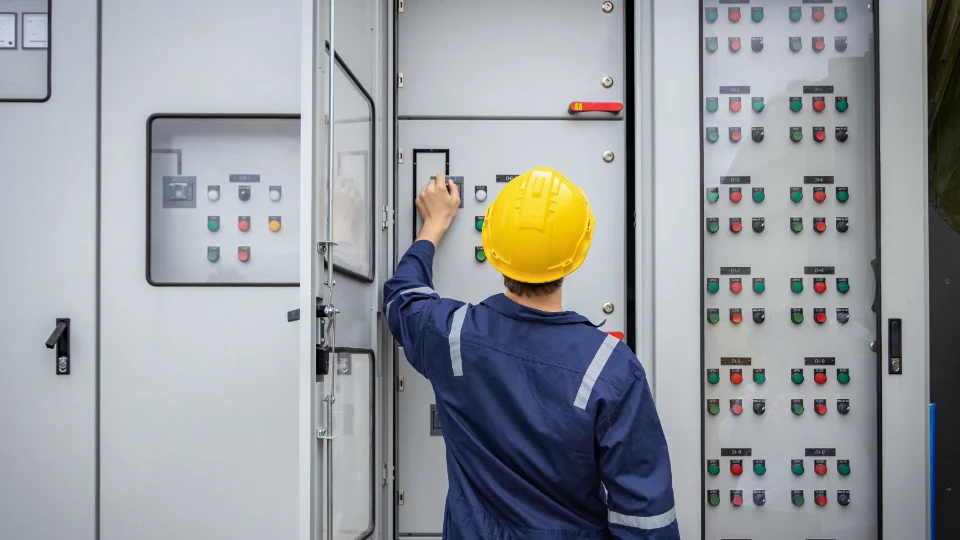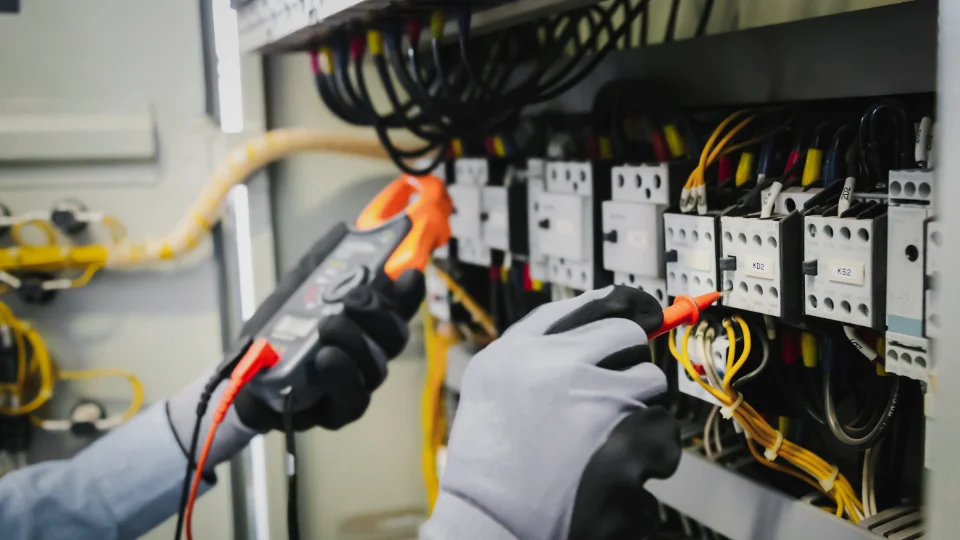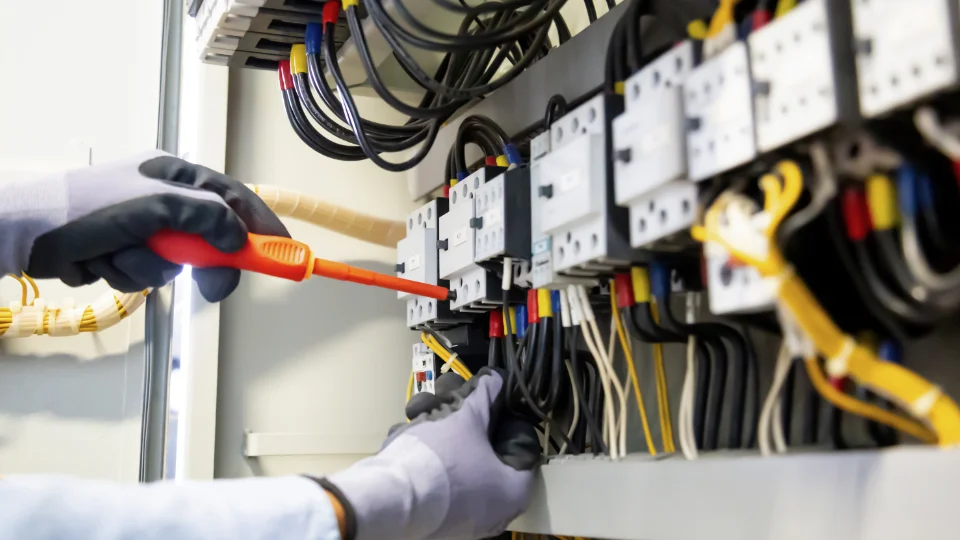
Navigating Electrical Challenges in New Construction

When embarking on a new construction project, whether it’s a commercial development or build, electrical systems are a critical component that requires careful planning and execution. Properly addressing electrical challenges early in the process can save time, money, and ensure safety. Below are key considerations and common challenges you may encounter during new construction projects:
1. Planning for Future Electrical Needs
One of the most important aspects of electrical design in new construction is planning for future needs. Technology is rapidly evolving, and what may be sufficient today could be outdated in just a few years. It’s essential to work with an experienced electrical contractor who can help you anticipate future demands, such as increased power loads, the need for additional outlets, or the integration of smart home or building systems. Proper planning ensures that your electrical infrastructure will not only meet current standards but will also be adaptable to future advancements.
2. Meeting Building Codes and Regulations
Compliance with local building codes and electrical regulations is non-negotiable. These codes are designed to ensure safety and efficiency, and failing to adhere to them can result in costly fines, delays, and even the need for significant rework. It’s crucial to work with an electrical contractor who is well-versed in the latest codes and regulations, ensuring that all installations meet the required standards. This includes proper wiring, circuit protection, grounding, and more.
3. Coordinating with Other Trades
Electrical work often overlaps with other aspects of construction, such as plumbing, HVAC, and carpentry. Effective coordination between trades is essential to avoid conflicts and ensure that all systems are integrated seamlessly. For example, electrical wiring may need to be rerouted to accommodate HVAC ducts, or plumbing installations may require specific electrical connections. A skilled electrical contractor will work closely with other trades to ensure that the project runs smoothly and that all systems are installed correctly and efficiently.
4. Ensuring Energy Efficiency
With the growing emphasis on sustainability, energy efficiency has become a significant concern in new construction. Incorporating energy-efficient lighting, appliances, and systems not only reduces environmental impact but can also result in long-term cost savings for property owners. An experienced electrical contractor can advise on the best practices and technologies to achieve maximum energy efficiency, from installing LED lighting to integrating renewable energy sources like solar panels.
5. Addressing Safety Concerns
Safety is paramount in any construction project, and electrical systems pose unique challenges in this regard. From ensuring proper grounding and circuit protection to avoiding hazards like electrical fires or shocks, it’s essential to prioritize safety at every stage of the project. Regular inspections and testing of electrical installations are crucial to identifying and mitigating potential risks.
Contact Bates Electric Today
Navigating the electrical challenges in new construction requires expertise, careful planning, and a focus on safety. Bates Electric is your trusted partner for handling all your electrical needs in new construction projects. With decades of experience and a commitment to quality, our team ensures that your project is completed on time, on budget, and in compliance with all regulations. Contact Bates Electric today to discuss your upcoming project and learn how we can help you achieve a safe, efficient, and future-proof electrical system.
Share:
Social Media
Most Popular


2025 Trends in Commercial Electrical Services

Power Backup Solutions for Business Continuity

Planning Electrical Systems for New Constructions
Categories
Related Posts

How to Reduce Energy Costs with Electrical Efficiency Upgrades
Rising energy costs are a concern for many commercial property owners and facility managers. Electrical systems play a major role in overall operating expenses, and

Preparing Your Facility for an Electrical Safety Audit
Why Electrical Safety Audits Matter An electrical safety audit is not something facilities should view as a one-time obligation. It is a practical check that

2025 Trends in Commercial Electrical Services
As businesses continue to grow and adapt to new technologies, the demand for reliable, efficient, and scalable electrical systems is higher than ever. Commercial electrical

Power Backup Solutions for Business Continuity
Power outages aren’t just an inconvenience, they’re a risk to your operations, your equipment, and your bottom line. Businesses today depend on uninterrupted access to
